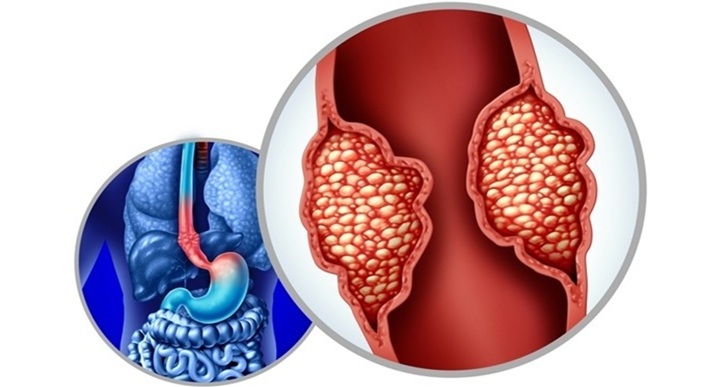‘Two-Faced’ Gene to Help Identify Individuals at Greater Risk of Developing Esophageal Cancer
Posted on 06 Jan 2025
In England, only 12% of people with esophageal cancer survive for 10 years or more. The UK has one of the highest rates of esophageal adenocarcinoma globally, a subtype of cancer that continues to rise in prevalence. This type of cancer typically develops from a condition called Barrett's esophagus, where the cells lining the esophagus become abnormal. However, only about 1% of individuals with Barrett's esophagus develop cancer each year. Now, a recent unexpected discovery of a genetic mechanism could help doctors better identify which individuals are at a higher risk of developing cancer, potentially leading to more personalized and effective prevention strategies.
The study, conducted by the research team at Queen Mary University of London’s Barts Cancer Institute (London, UK), aimed to understand why some cases of Barrett's esophagus progress to cancer while others do not, in order to improve predictions and treatments for esophageal adenocarcinoma. The team analyzed gene sequencing data from over 1,000 individuals with esophageal adenocarcinoma and more than 350 individuals with Barrett’s esophagus. They discovered that defects in a gene called CDKN2A were more common in individuals with Barrett's esophagus who never progressed to cancer. This was an unexpected finding, as CDKN2A is typically lost in various cancers and is well-known for its role as a tumor suppressor gene, acting as a safeguard against cancer development.

The loss of CDKN2A in normal esophageal cells can promote the development of Barrett's esophagus. However, the researchers found that it also provides protection against the loss of another key gene, p53, which is often referred to as the "guardian of the genome" because of its critical tumor-suppressing role. The loss of p53 strongly drives the progression from Barrett's esophagus to cancer. The team found that potentially cancerous cells that lost both CDKN2A and p53 became weakened, preventing cancer from taking root. Conversely, if cancer cells lose CDKN2A later in the disease, it leads to a more aggressive form of cancer and poorer patient outcomes. This unexpected genetic discovery, published in Nature Cancer, could have important implications for cancer risk assessment. The findings suggest that if a person with Barrett’s esophagus has an early mutation in CDKN2A but no mutations in p53, it may indicate a lower risk of progression to cancer. On the other hand, mutations in CDKN2A later in the disease could signal a poor prognosis. Further research is needed to determine how best to use this new information to benefit patients in clinical settings.
“We often assume that mutations in cancer genes are bad news, but that’s not the whole story. The context is crucial. These results support a paradigm shift in how we think about the effect of mutations in cancer,” said lead researcher, Francesca Ciccarelli, Professor of Cancer Genomics at Queen Mary University of London’s Barts Cancer Institute and Principal Group Leader at the Francis Crick Institute, where the experimental work in this study took place. “It can be tempting to look at cancer mutations as good or bad, black or white. But like the Roman god, Janus, they can have multiple faces – a dual nature. We’re increasingly learning that we all accumulate mutations as an inevitable part of aging. Our findings challenge the simplistic perception that these mutations are ticking time bombs and show that, in some cases, they can even be protective.”










 (3) (1).png)


